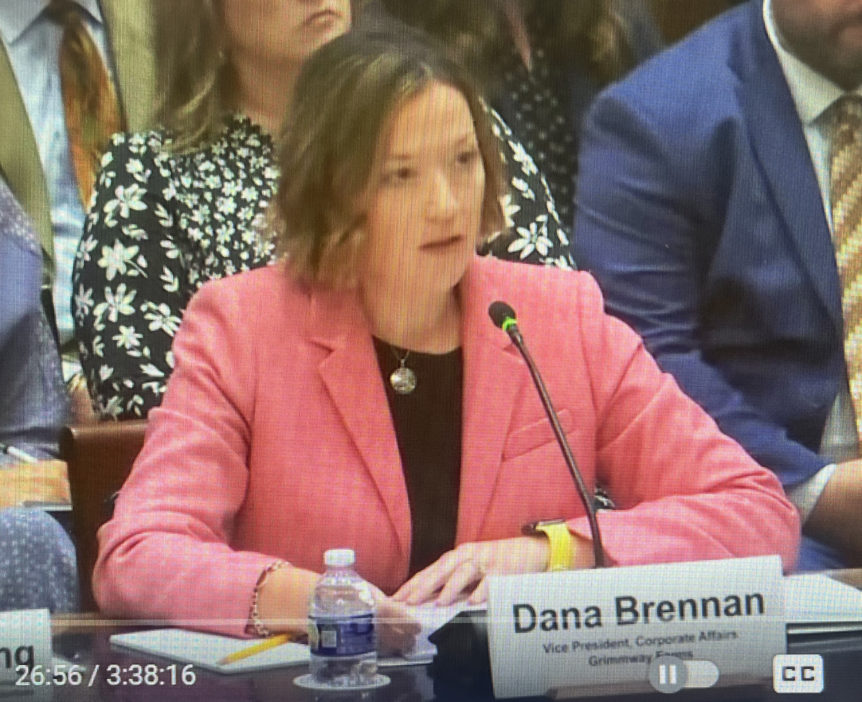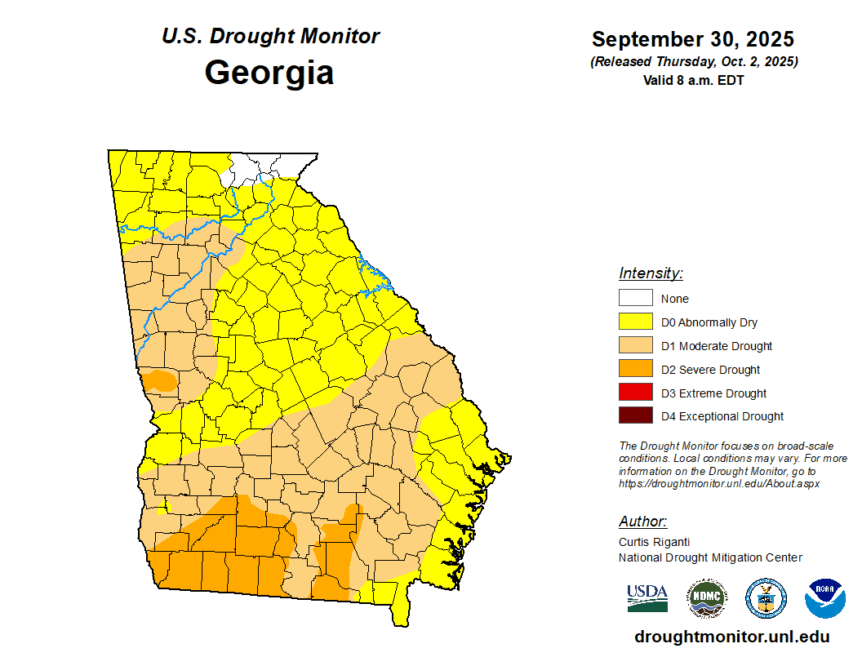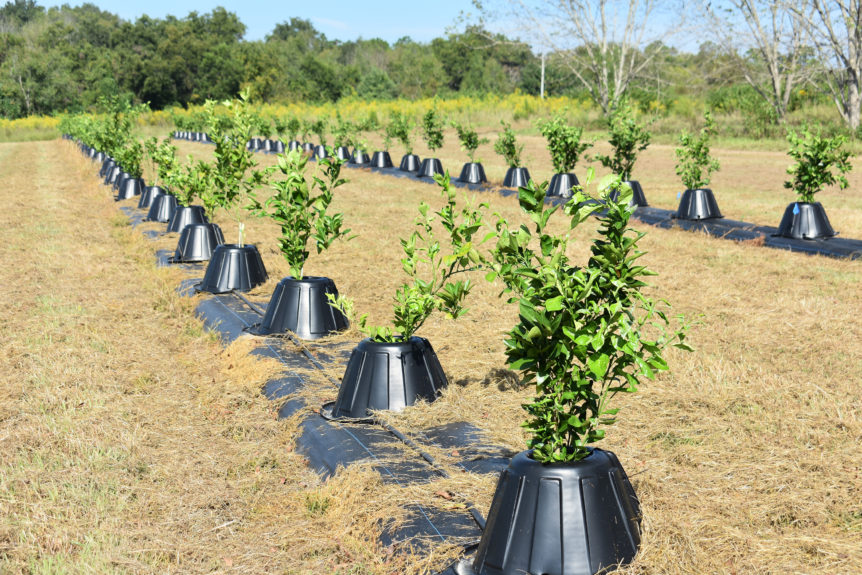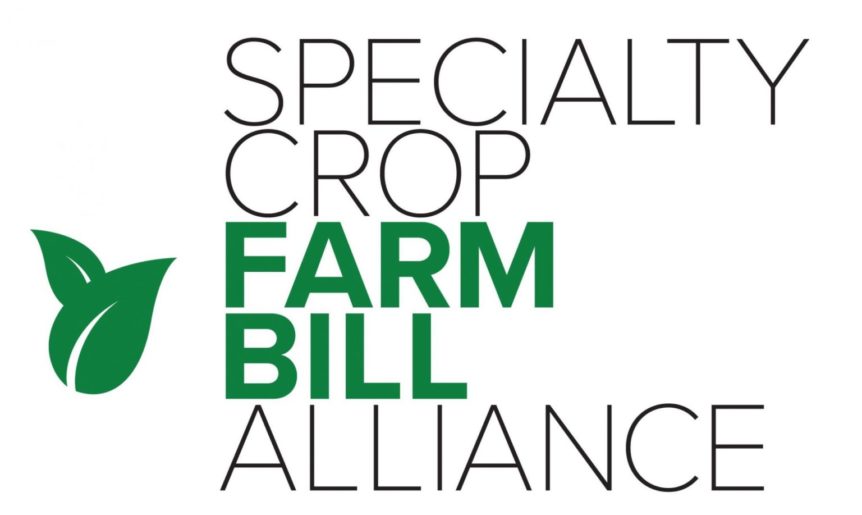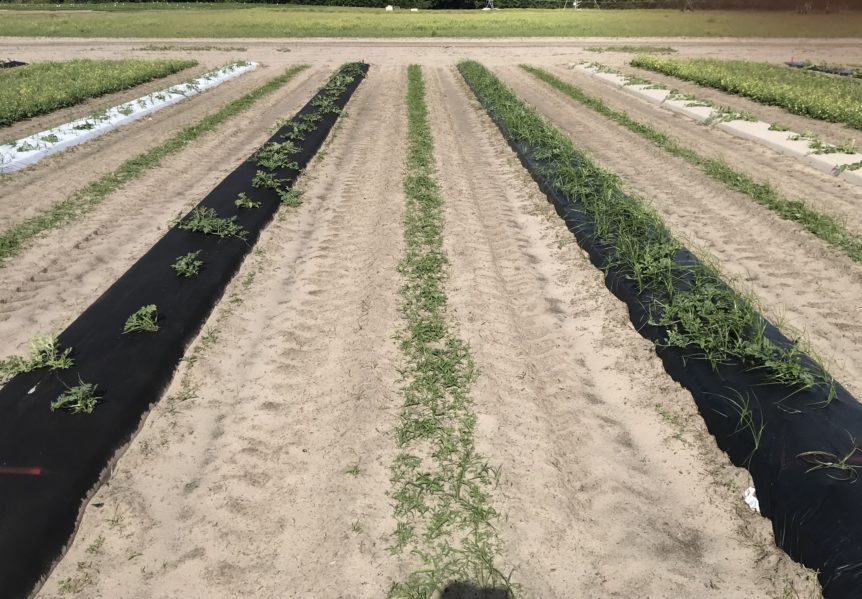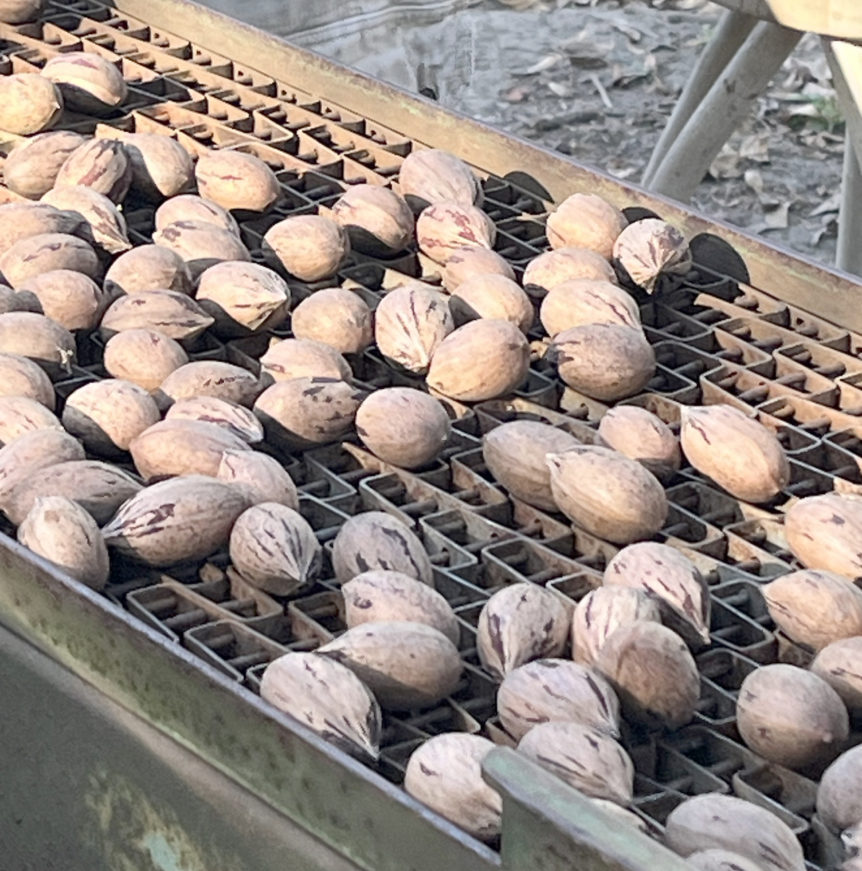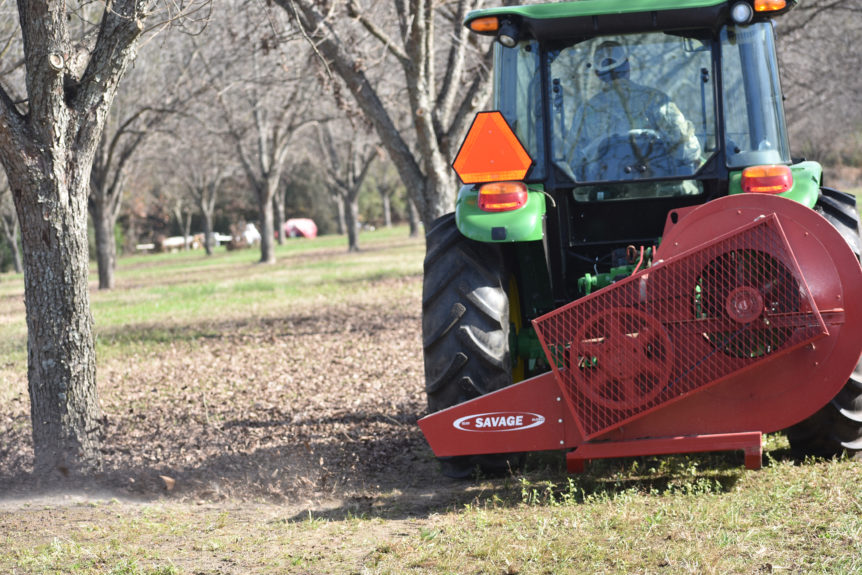By Clint Thompson Labor needs remain the top concern for specialty crop growers. That means investments in automation and mechanization are vital to a producer’s long-term success. But that’s easier said than done, explains Dana Brennan, vice president, corporate affairs with Grimmway Farms. Brennan was part of a panel that testified recently during a special hearing on the State of …
Dry Weather’s Impact on Fall Vegetables
By Clint Thompson A prolonged dry spell in South Georgia is impacting the region’s fall vegetable producers. Sam Watson, located in Colquitt County Georgia, discussed the impacts that growers like himself are seeing amid hot and dry weather conditions. “It’s getting pretty tough. No. 1, we’re running low on water in some places. No. 2, the whitefly pressure has just …
Blood Oranges Could Be Profitable Option for Cold-Hardy Citrus Producers
Blood oranges may be an enticing fruit to grow for cold-hardy citrus producers in North Florida, South Georgia and South Alabama. Muhammad Shahid, assistant professor of horticulture at the University of Florida Institute of Food and Agricultural Sciences (UF/IFAS), highlighted his blood orange research during the Cold-Hardy Citrus Field Day and Workshop at the North Florida Research and Education Center …
Specialty Crop Industry Leaders Sound Off on Tariffs During Ag Committee Hearing
By Clint Thompson Tariffs implemented by the Trump Administration this year have been widely praised by some and heavily criticized by others. All will agree they have been impactful one way or another, especially with certain specialty crops destined for exports. The House Committee on Agriculture recently hosted a special hearing on the State of the Specialty Crop Industry. One …
Best is Yet to Come? GAC President Discusses Recent Labor Rulings
By Clint Thompson The specialty crop sector scored major victories with recent court and legislative rulings regarding labor. There’s hopefully more to come for Southeast growers, with Florida and Georgia being the top two users of the H-2A program. Georgia Agribusiness Council (GAC) President Will Bentley discussed the recent developments during last week’s Georgia Ag Labor Forum in Tifton, Georgia. …
Ag Leaders Urge Emergency Aid for Specialty Crops
WASHINGTON, D.C. – The co-chairs of the Specialty Crop Farm Bill Alliance (SCFBA) urged President Trump this week to ensure specialty crops be included in any emergency economic aid initiatives for the agricultural sector. Fruit, vegetable, tree nut, and landscape plant growers across the country are facing an immediate and mounting economic crisis. The group’s letter to the President highlighted …
Weed Management Strategies
By Clint Thompson Fruit and vegetable growers who hope to control weed growth with cover crops during the fallow period must remember that this management strategy is not totally effective with every weed, particularly yellow and purple nutsedge. Nathan Boyd, University of Florida Institute of Food and Agricultural Sciences (UF/IFAS) professor of horticulture and weed science, focused on the topic …
Alabama Pecan Industry Projected to Produce 3 Million Pounds
By Clint Thompson Alabama Pecan Growers Association (APGA) President Bran Futral predicts a crop load this year of about 3 million pounds. That’s if the state does not encounter a tropical storm or hurricane type of event. Futral made the declaration following the organization’s annual conference in mid-September. He said growers have high hopes for this year’s crop as they …
Protect Your Investment: Alabama Extension Urges Farmers to Take Precautions with Equipment
By Clint Thompson Fall is a busy time of year for farmers. It is harvest season for crops like peanuts and cotton. Fall vegetables are in the ground. Pecan harvests will begin ramping up soon as well. Producers must be aware that their tractors and other farm equipment are at risk as well. Alabama Extension cautions growers about farm equipment …
NWA Meeting With Congressional Leaders Highlights Need for Ag Labor Reform
By Clint Thompson Ag labor was the focus of discussions in early September when watermelon industry leaders met with Congressional leaders in Washington, D.C. National Watermelon Association (NWA) members, which included Jordan Carter, Greg Leger and George Szczepanski advocated for ag labor reform. Ag labor is the biggest expense for watermelon growers. But the H-2A system is complicated and, more …










